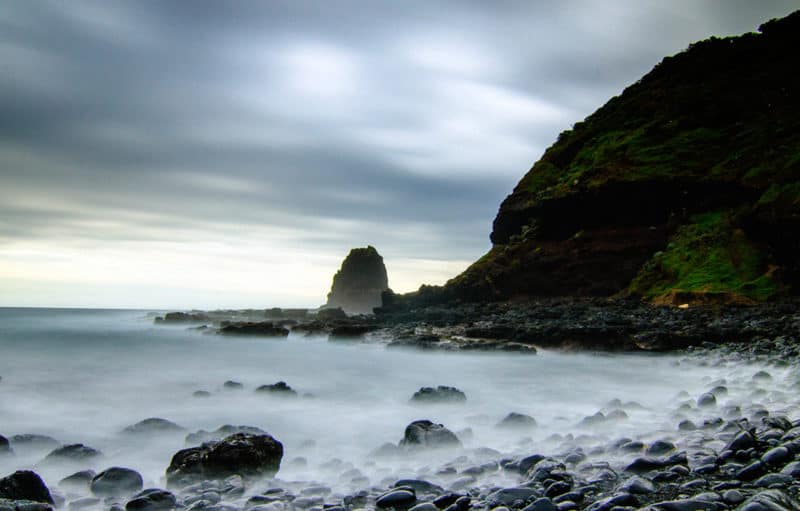MEDIA RELEASE 22 February 2016 |
Our native plants and animals are under stress from climate change, and Victoria’s natural areas may never be the same again. But there are ten useful things we can do to help.
This is the message from some of Victoria’s leading scientists and experienced land managers in a report launched online today at VicNature2050.org.
Some of our most loved landscapes, such as the majestic Mountain Ash forests of Victoria’s central highlands, may not survive the frequent bushfires predicted by climate scientists.
Increasing temperatures, and more frequent droughts, floods and rising sea waters will affect our native plants and animals in many different ways. Some will do well, but others will struggle.
The report, compiled by ecologist Ian Lunt, draws on presentations and discussions at a symposium organised by three of Victoria’s leading science and conservation bodies.
“Importantly, our large national parks and other conservation reserves are the places where our plants and animals are proving most resilient to climate change,” the Victorian National Parks Association’s Phil Ingamells said today.
“But we will need to invest in more resources to manage growing threats such as weeds and feral animals if we are to give our parks a fighting chance.
“There are also many opportunities for people to join community organisations rehabilitating links between our bushland areas, by planting ‘climate ready’ plants, and increasing the genetic diversity of species in remnant habitat areas.
“Careful rehabilitation of woodlands along our rivers and streams will be crucial to the survival of many species, and the greening of our cities will also help.”
The symposium, Managing Victoria’s Biodiversity under Climate Change, was a joint initiative of the Victorian National Parks Association, the University of Melbourne’s Bio21 Institute and the Royal Society of Victoria. It was sponsored by the Department of Environment, Land, Water and Planning, and Parks Victoria.
Two hundred scientists, researchers and conservation managers contributed to the symposium.
The symposium report “10 things we can all do to help nature adapt to a new climate” can be found online at VicNature2050.org.
